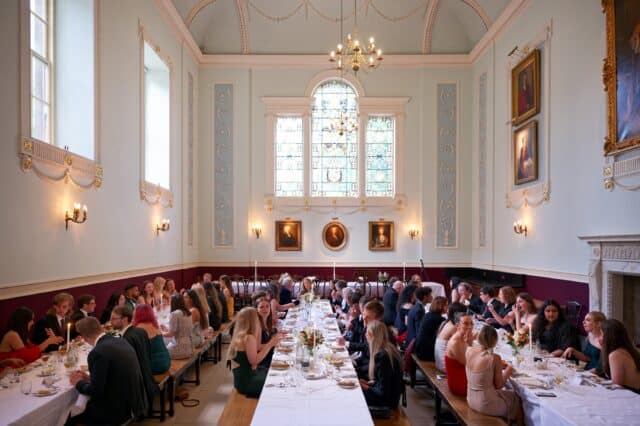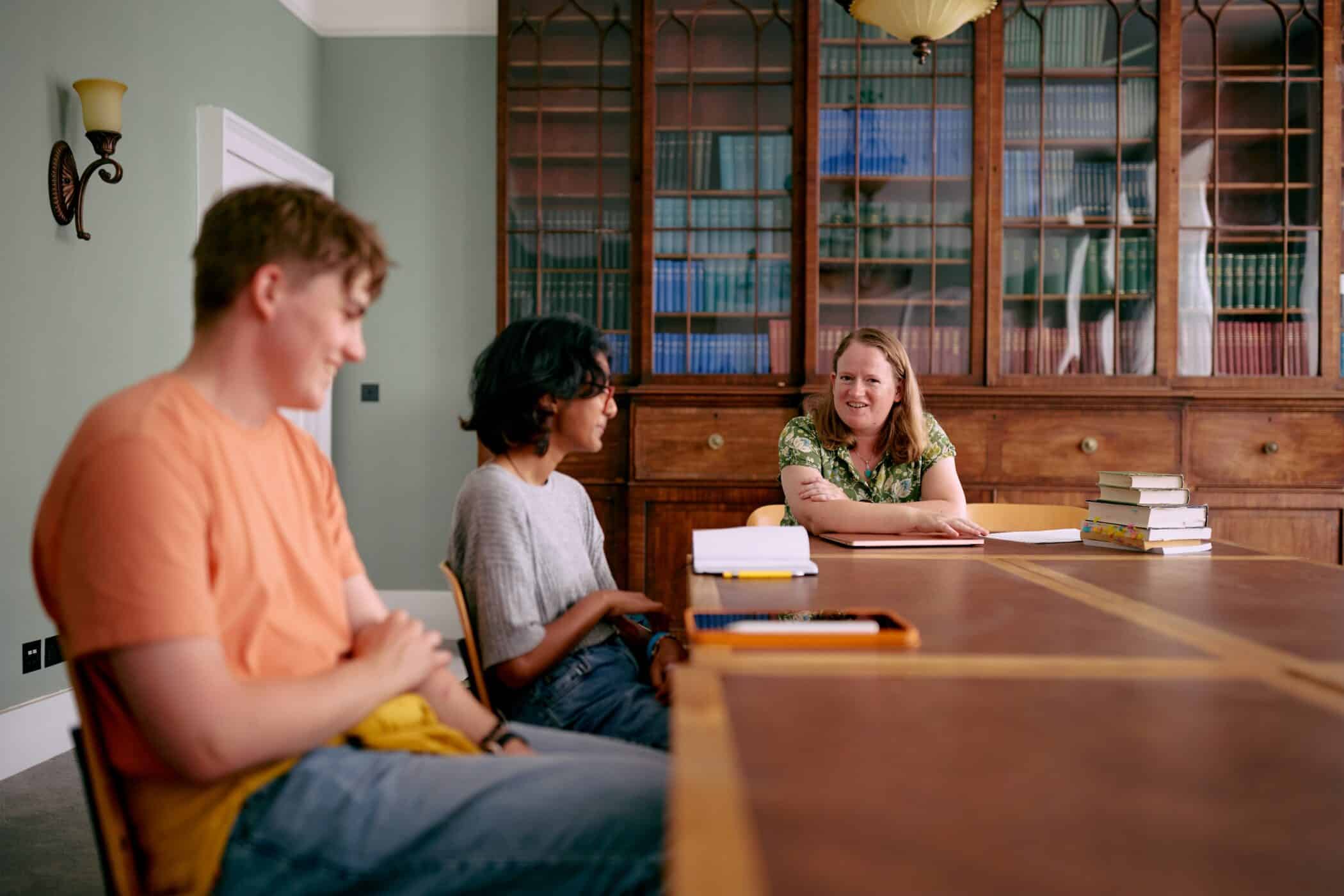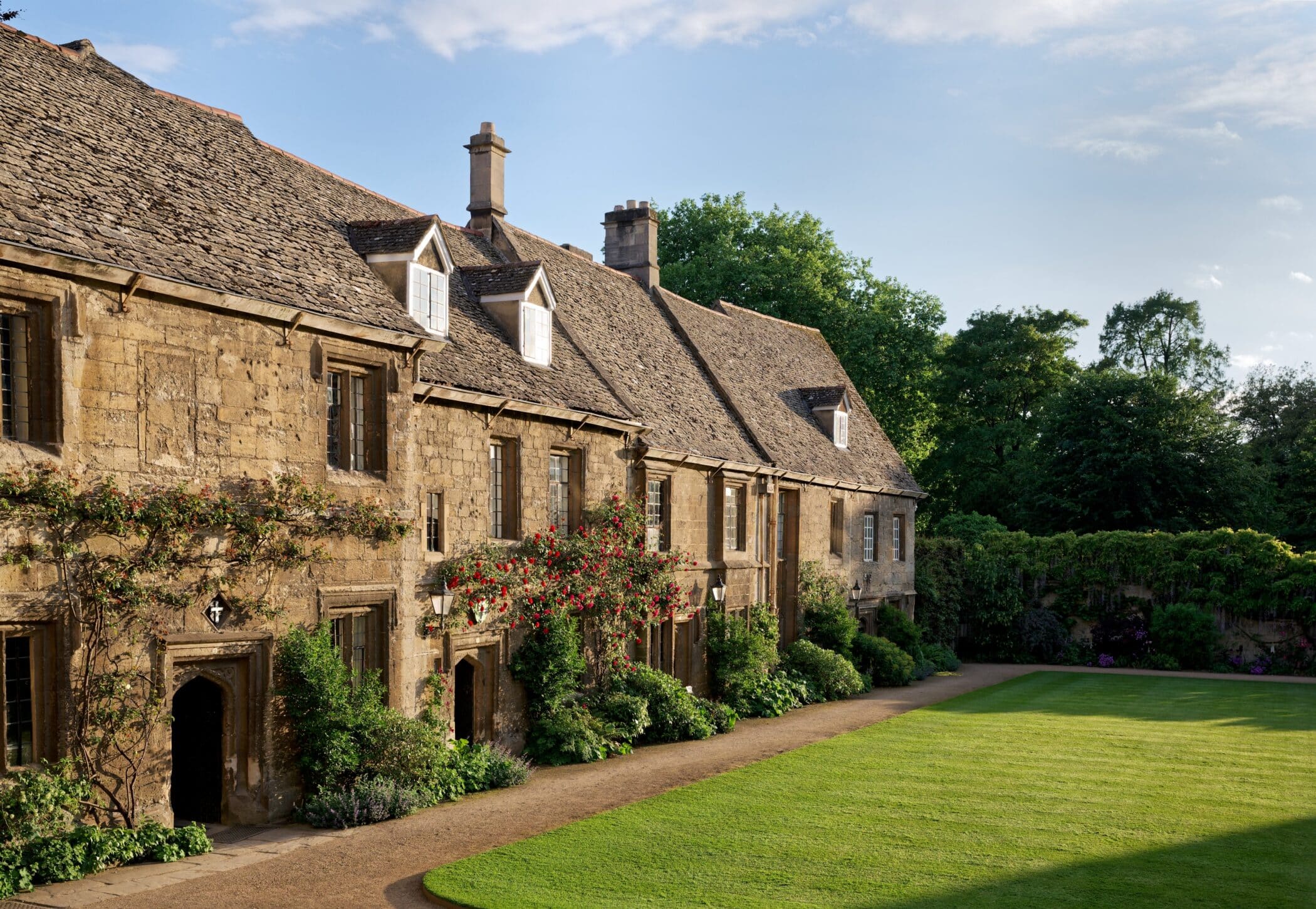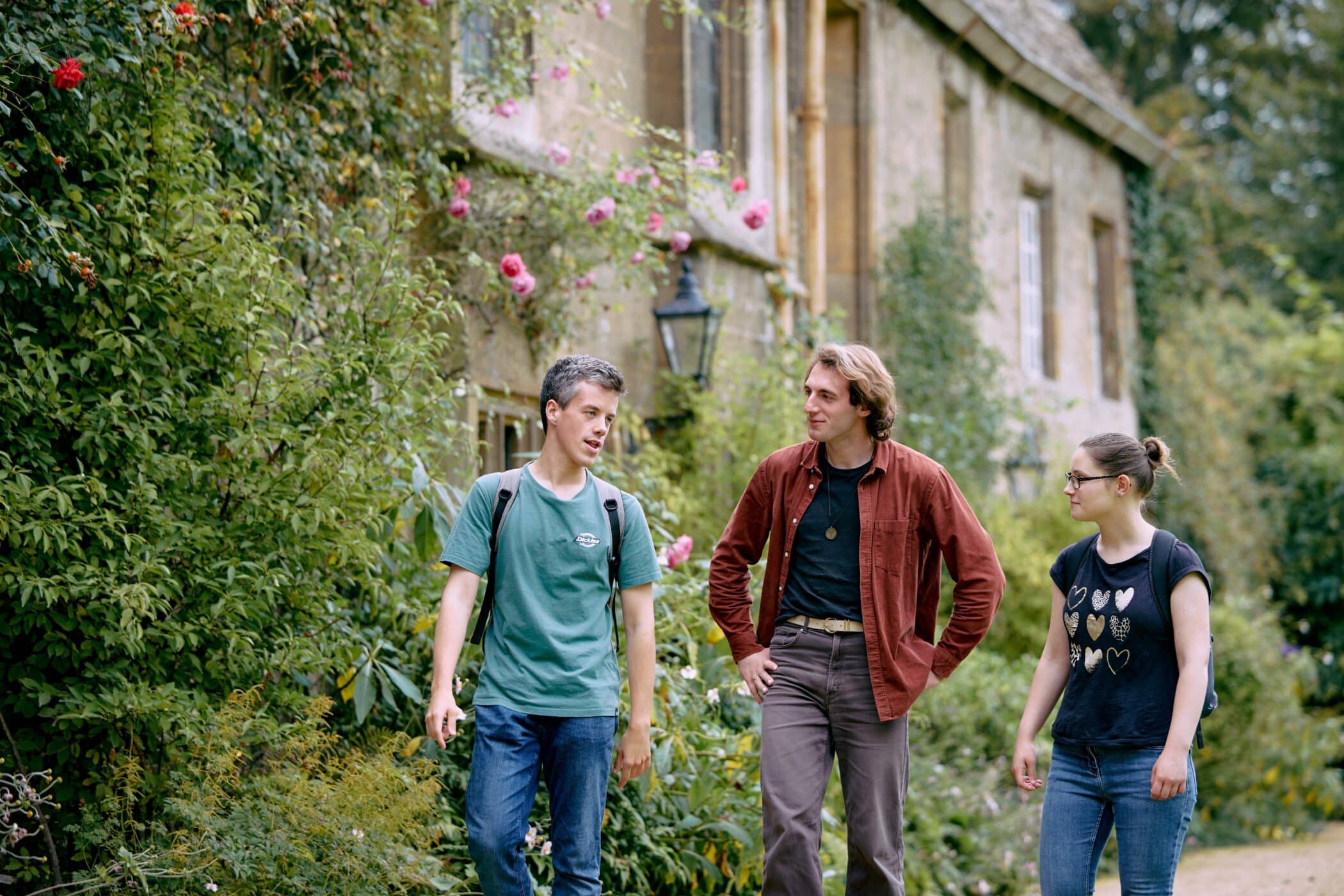Join Worcester College as a Registered Visiting Student to experience an educational tradition stretching back seven centuries. From the in-depth academic analysis of the Oxford tutorial, to the lively community that thrives in a collegiate setting, we offer the opportunity to live and study at the University of Oxford for up to one year. Undergraduate students currently studying in North America or China are welcome to apply for our programme.
Visiting student admissions
Find out more


Why Worcester?

Design your own tailored academic programme alongside our Programme Director. He’ll act as your advisor, arrange cultural events and be available throughout the year to help with all matters.
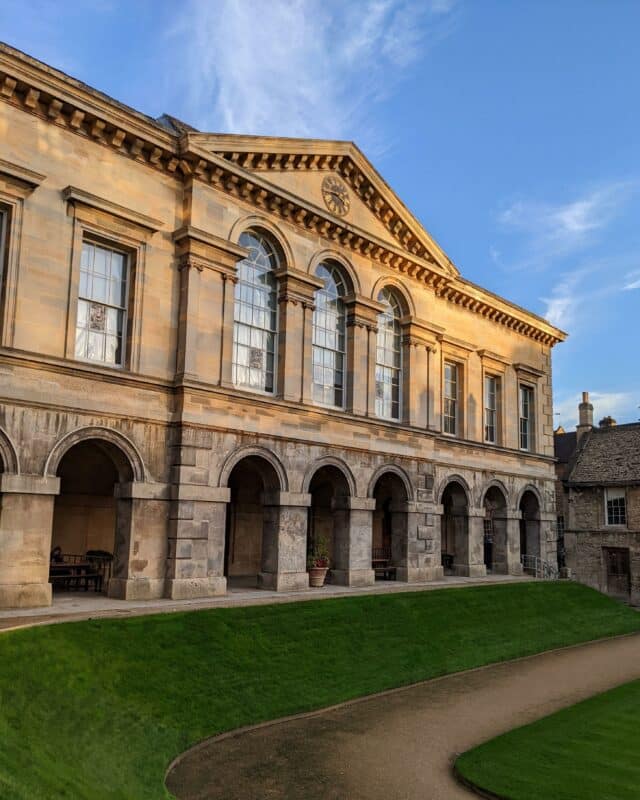
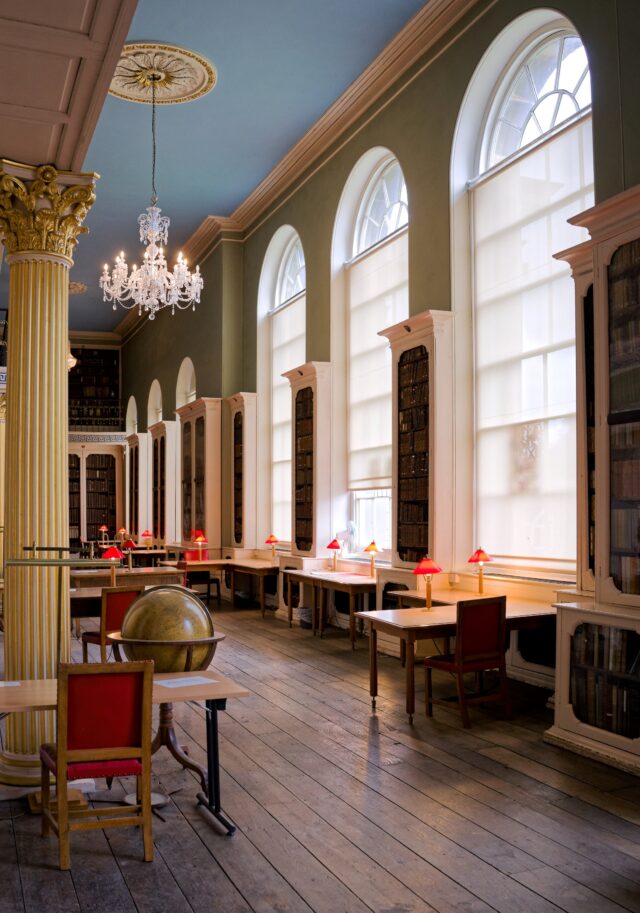
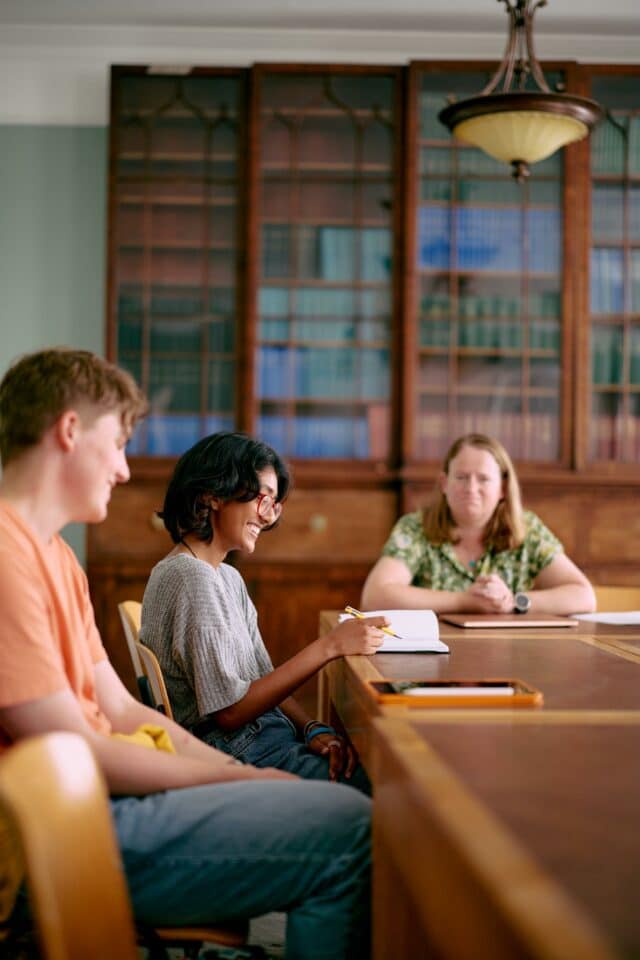
Our flexible start dates mean it’s possible to join us for just a semester or two. You can even choose to join our specialist September Seminar series to immerse yourself in the humanities and kick-start your time in Oxford.

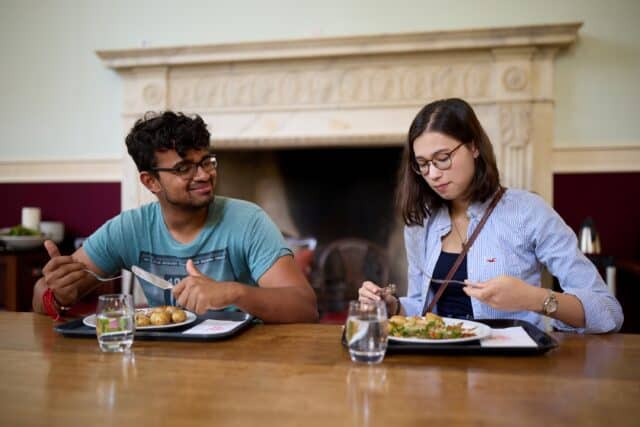
All our Visiting Students live on-campus with other Worcester students and can get involved in all aspects of college life. All rooms are single-occupancy and include a private bathroom, shared kitchen, internet access and light housekeeping.
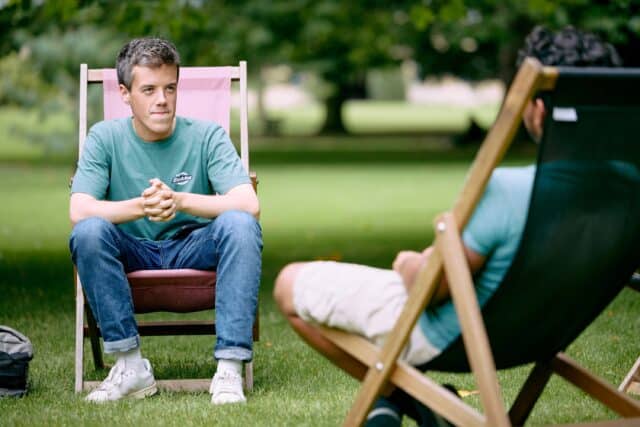
Discover life in the UK with our cultural programme. This could include formal dinners, visits to Oxford’s museums and punting on the Thames, as well as visiting Blenheim Palace, London’s theatres and museums, and plays in Shakespeare's birthplace of Stratford-upon-Avon.
